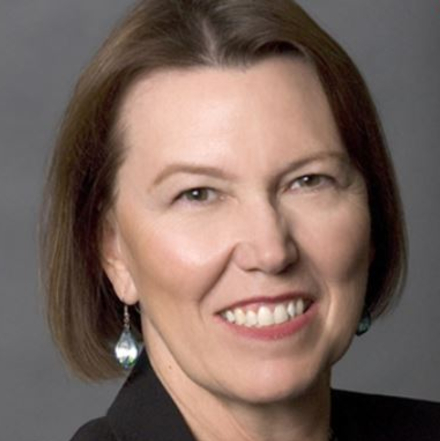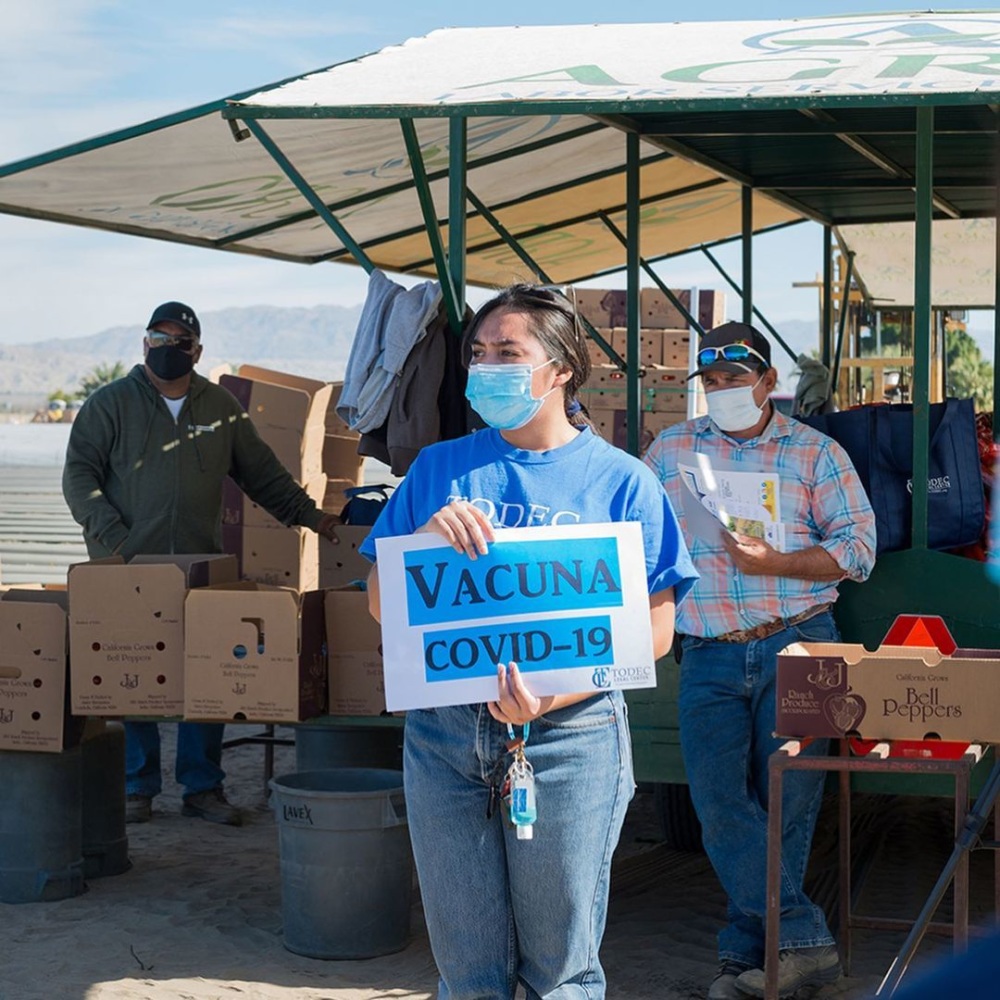
In the News
PHI CEO Mary Pittman Featured in Modern Healthcare on “Lessons for the Next Public Health Disaster”
- Modern Healthcare
-
Focus Areas
Communicable Disease Prevention -
Issues
Rural Health -
Programs
Healthy Places Index (HPI), Public Health Alliance of Southern California, Together Toward Health -
Strategic Initiatives
COVID-19, Vaccine Access & Equity

The public health response to COVID-19 was not the best, at first, but the industry is trying to learn from its mistakes.
As community transmission of COVID-19 took hold last March, state health departments launched messaging blasts that some experts say missed the mark with an overly vague suggested response, essentially giving up an opportunity to get ahead of the novel coronavirus.
Early mixed messaging caused irreversible damage in some communities where uninsured rates are high, chronic diseases prevalent, and low-wage public-facing jobs dominate the employment landscape. Those conditions formed a perfect storm for virus spread among vulnerable populations that were already harder to reach before the pandemic.
Mary Pittman, CEO of the Public Health Institute, based in California, said that widespread undervaluing of public health impeded the nation’s ability to get in front of the pandemic early on.

We’re paying the price for ignoring all the research that has been out on the social determinants of health. And what we’ve also seen is that the lack of investment in our public health systems left us unprepared to be able to respond to the virus. I think this pandemic has shown that there are a lot of people who have not been reached by either our public health or healthcare systems.Mary Pittman, CEO of the Public Health Institute
She said ongoing vaccination disparities are a result of not only underinvestment in public health, but they’re also exacerbated by a lack of data. The National Association of County and City Health Officials, which represents the nation’s nearly 3,000 local health departments, estimates average local health department expenditures per capita decreased30%, from $80 in 2008 to $56 in 2019.
Pittman said the industry must get back to the basics: fully funding science-driven public health departments and leveraging community-based mobile teams that can quickly adapt to local emergencies.

Tracking COVID-19 with tech
The Public Health Institute helped roll out a COVID-19 vulnerability indexing tool that uses preexisting health disparity mapping technology to understand disparities and community COVID-19 demographics. PHI-member Public Health Alliance of Southern California launched the Healthy Places Index in 2018, which has been used by more than 100 government, community and independent agencies to tap into factors that influence health across the state—and importantly, to understand local disparities, all at the census tract level.
Mary Pittman, the institute’s CEO, said the tool has helped the state identify census tracts to prioritize for vaccination distribution, which can soon be sped up and further leveraged for harder-to-reach populations because of Johnson & Johnson’s single-shot vaccination. But even before the vaccination distribution chain started to bulk up, PHI used the tool to target early vaccination campaigns in the Coachella Valley farming communities.
“They’re essential workers and they rank high in the vaccine priority, but they were not being reached. In part because they couldn’t take off work or they didn’t have transportation to go to the sites where the vaccine was being offered or they don’t trust government,” Pittman said. “If they didn’t have a computer, they couldn’t sign up, so they couldn’t get in.”
In its initiative dubbed Together Toward Health, PHI worked with the Desert Healthcare District-led Coachella Valley Equity Collaborative and farmworker groups to set up on-location vaccination events, going to where the farmworkers were. They vaccinated more than 1,700 in just one week.
Click below to read the full story in Modern Healthcare (subscription required).
Originally published by Modern Healthcare
More Updates
Work With Us
You change the world. We do the rest. Explore fiscal sponsorship at PHI.
Support Us
Together, we can accelerate our response to public health’s most critical issues.
Find Employment
Begin your career at the Public Health Institute.



